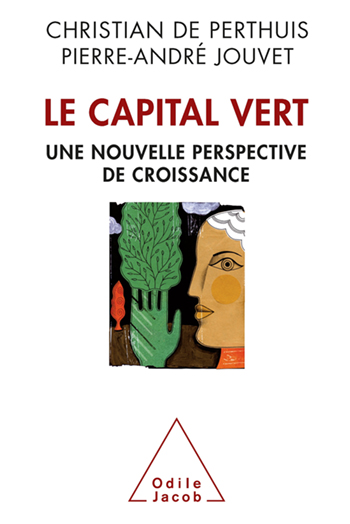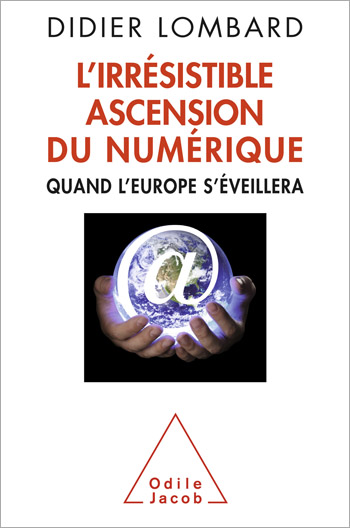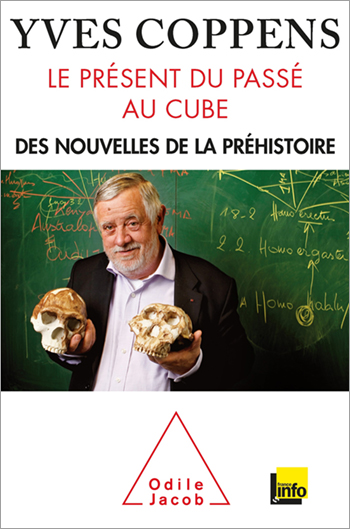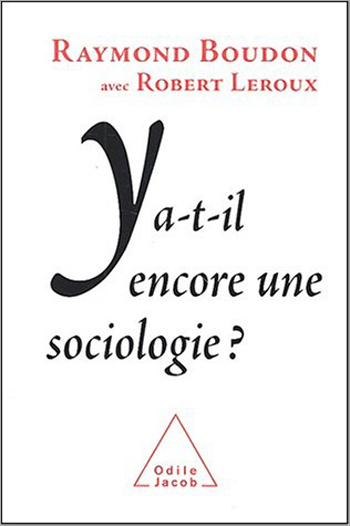Human Sciences All books

Christian de Perthuis, Pierre-André Jouvet
Green Capital
The indispensable book to understand the green economy and boost economic growth

Didier Lombard
The Irresistible Ascension Of Digital Europe and the rest of the world
What are Europe’s advantages in the digital race against Asia and the U.S.? And what is at stake?

Yves Christen
Are Animals Philosophers? Kantian Chickens and Aristotelian Bonobos
Because animals, both human and non-human, are not the passive toys of the surrounding world but, on the contrary, active creators and because they are carriers of weltanschauung, I regard them as philosophers.

Bertrand Fragonard
In Defence of Social Protection
Does the French Social Security system overspend? In the context of the economic crisis and the need to master public spending...

Yves Coppens
The Present of the Past to the Third Power Prehistoric News
Yves Coppens reveals the latest archaeological findings and recreates prehistoric life with amazing precision

Antoine Garapon
Crimes Which Can Neither be Punished Nor Forgiven Towards an International Justice
The creation of a system of international criminal justice was one of the greatest political upheavals of recent decades. The fact that international criminal law has been allowed to question national sovereignty is a revolution in itself. The detractors of international justice contend that it is simply the justice of the victors. Could they be right? Have law and ethics been muddled? Have the trials conducted in its name helped heal the victims? Can justice prevent civil war? A former magistrate, Antoine Garapon heads the Institut des hautes études sur la justice.

Claude Hagège
Against Uniform Thinking
The threat of uniform thinking, relayed notably through the English language, should lead us to react in defence of linguistic and cultural diversity.

Yves Coppens
Pretexts
In these short essays, Yves Coppens makes us discover the most recent findings in prehistory. A masterly lesson.








